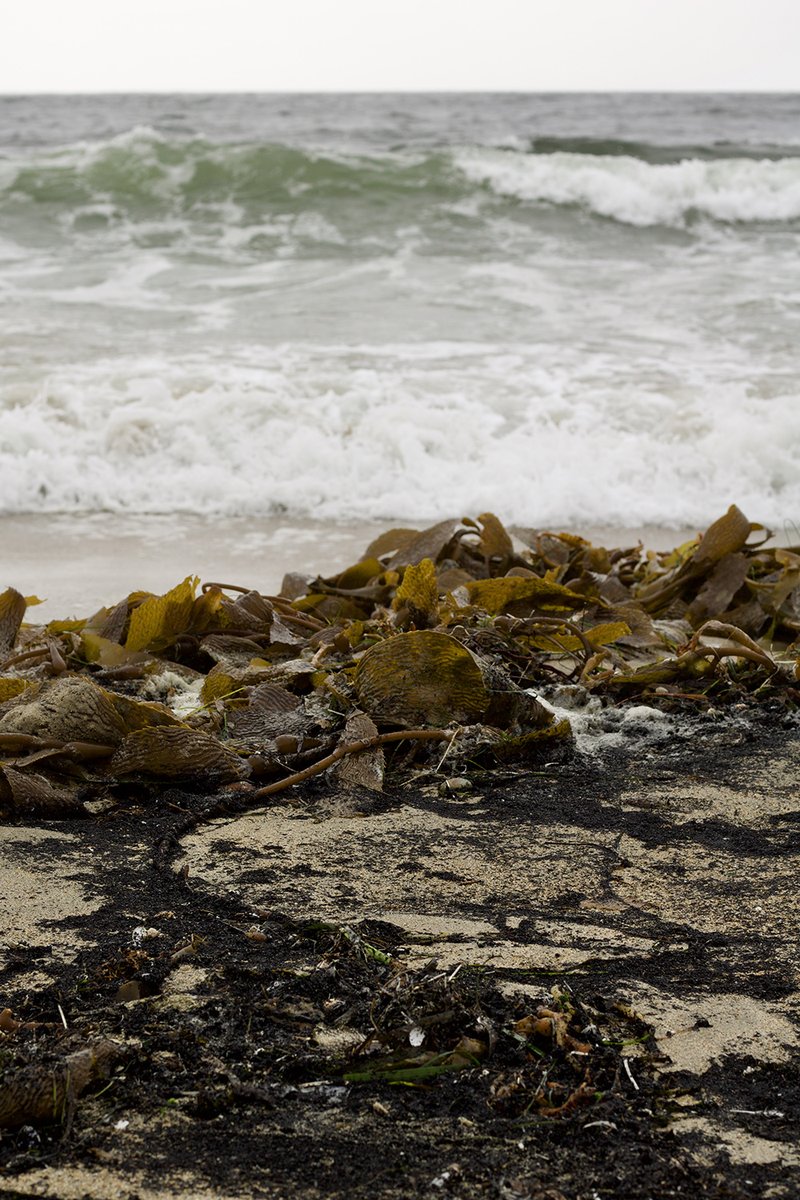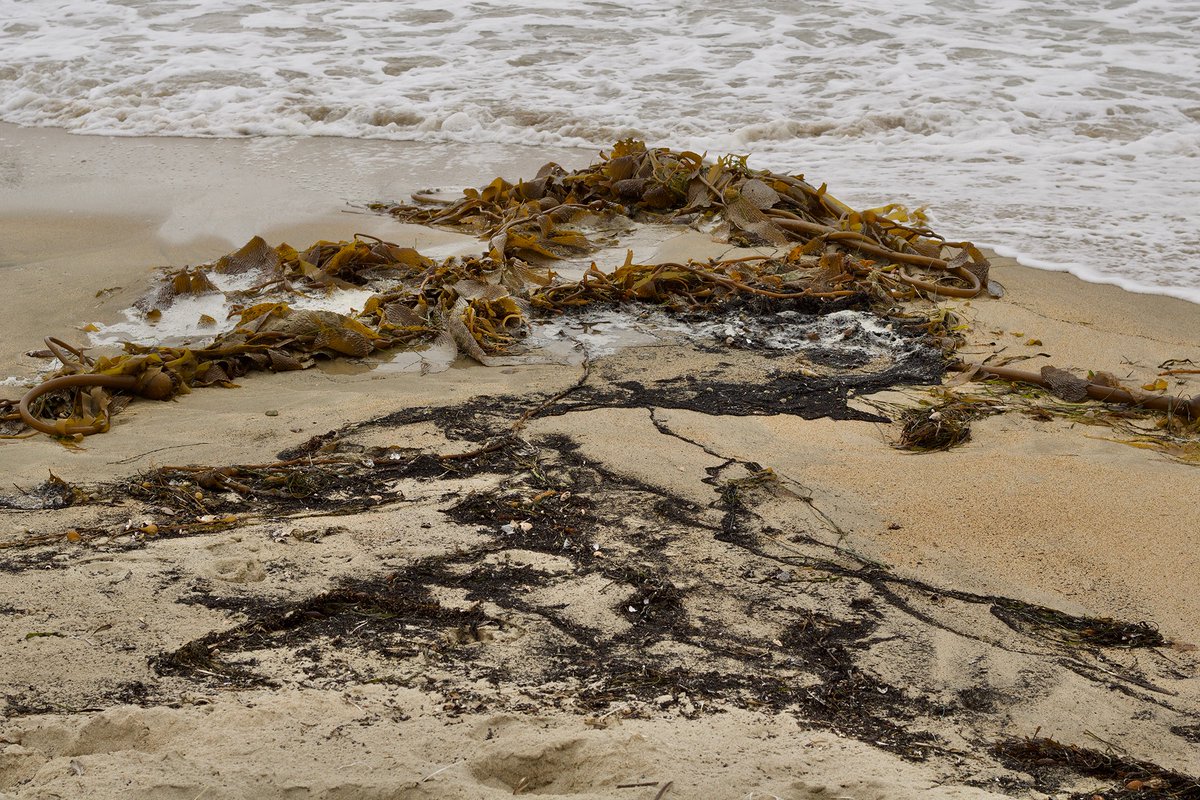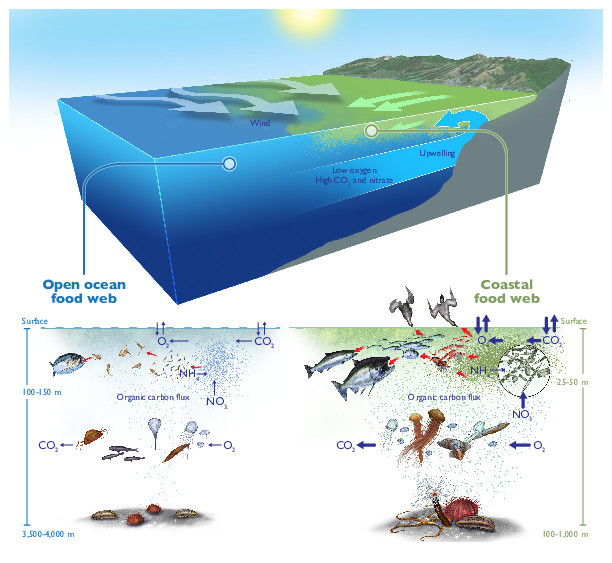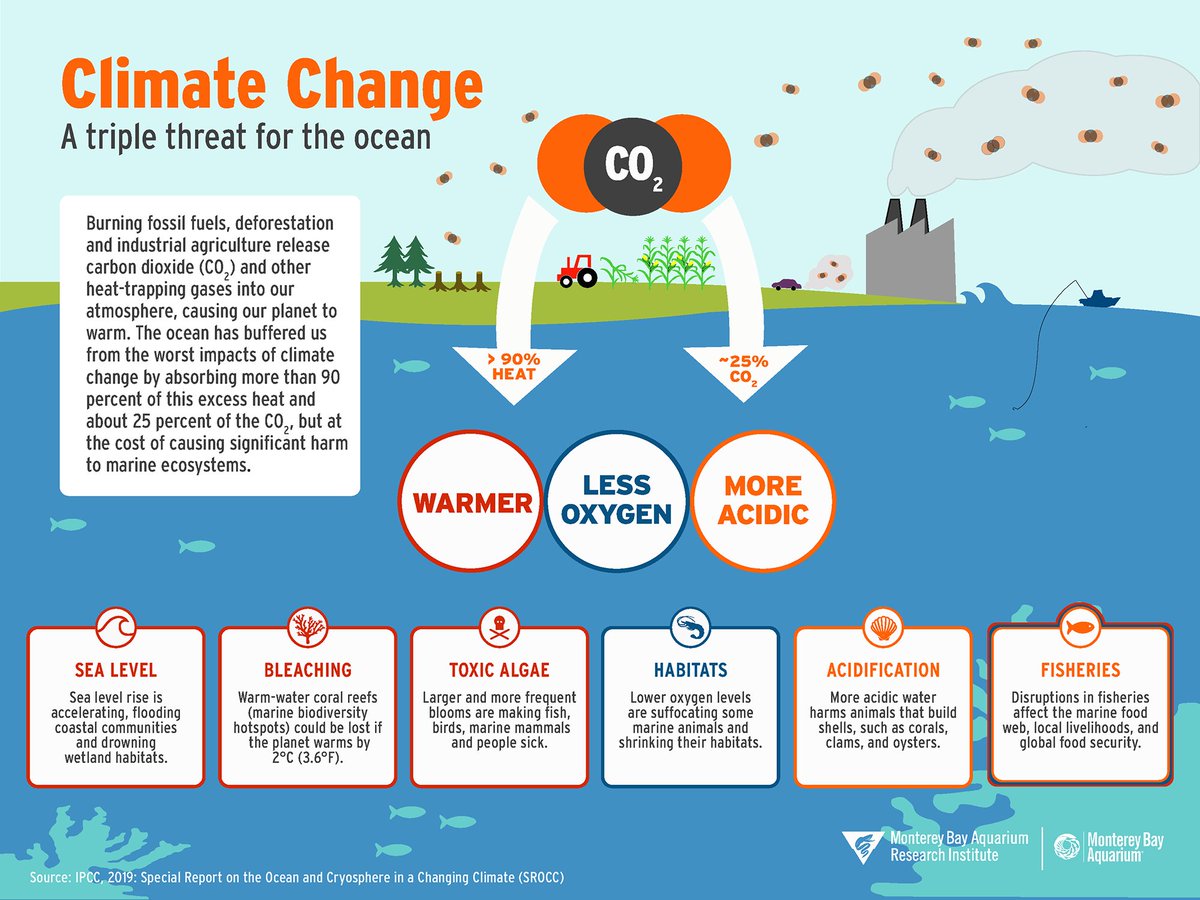As firefighters slowly and methodically contain the wildfires here in California, many people have asked—how does all of the ash and smoke settling down from the fires impact the ocean?
We may never know the full impacts of these particular fires because they will cause shifts in ocean chemistry that are long-term and difficult to trace.
“Black carbon” is the by-product formed by the incomplete combustion of fossil fuels and biomass burned in forest fires like. This black carbon makes its way into the ocean by falling directly onto the sea surface as ash and charcoal and flowing in with river runoff.
One study estimates that about one-third of black carbon from terrestrial fires ends up in the ocean: https://www.nature.com/articles/s41467-020-16576-z">https://www.nature.com/articles/...
Some of that carbon sinks to the seafloor, and in some areas, about half of the organic carbon in sediments originates from black carbon: https://agupubs.onlinelibrary.wiley.com/doi/epdf/10.1002/2016GL068574">https://agupubs.onlinelibrary.wiley.com/doi/epdf/...
Wildfires also increase levels of CO and nutrients like nitrogen and phosphorus in the ocean. The influx of nutrients affects growth rates for microscopic organisms at the base of the food web: https://oceana.org/blog/wildfires-aren’t-just-land-thing-smoke-and-ash-can-choke-ocean-too">https://oceana.org/blog/wild...
This shift in the building blocks of the ocean food web creates a chain reaction that plays out over time and depth, through the entire ecosystem.
Even before these fires started raging in our area, MBARI researchers Ken Smith, Henry Ruhl, and Crissy Huffard ( @Mucktopus) wondered how increasing fire activity in California might influence carbon flux at a long-term site called Station M, 4,000 meters deep of central CA.
Long-term observations are critical for understanding how carbon and nutrients cycle between the surface waters and the seafloor, allowing scientists to compare “baseline conditions” of the deep sea to large-scale changes caused by events like wildfires: https://www.mbari.org/station-m-summary/">https://www.mbari.org/station-m...
Complex weather patterns and oceanic cycles make studying these processes challenging, but the more we learn about oceanic systems, the more we will be able to understand how climate change—and the extreme weather that comes along with it—impacts all ocean life.
Learn more about how climate change has serious, long-term, and far-reaching negative consequences for our ocean: https://www.mbari.org/climate-change/ ">https://www.mbari.org/climate-c...

 Read on Twitter
Read on Twitter






